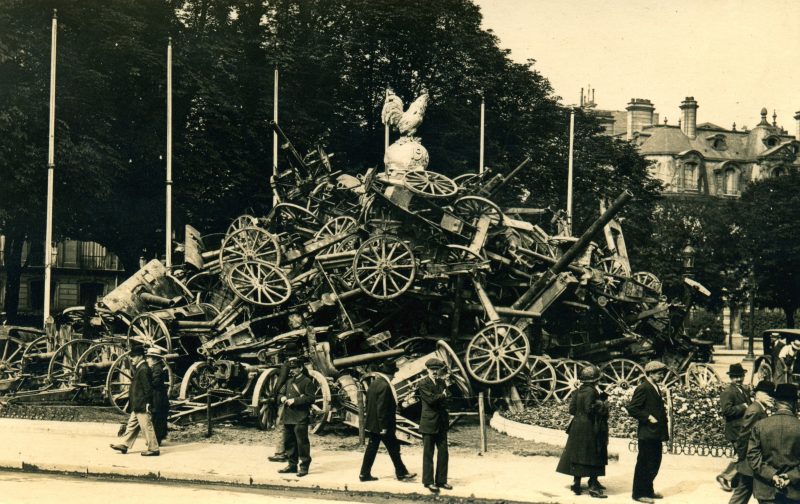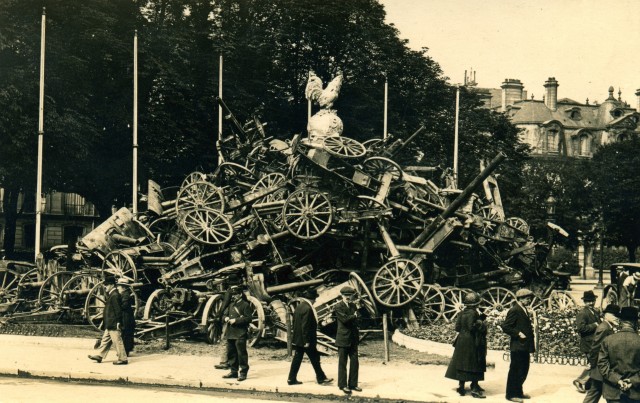The initial plans included schoolchildren visiting battlefields, communities working on restoring monuments and the nation remembering a war that lasted four years and killed more lives in Britain than anywhere else.
All these plans have recently been overshadowed by irrelevant debates going on over what the war really meant, whether the war could have been stopped in time, whether the British people are remembering the conflict in the right way, whether there are too many things going on and too many events commemorating the death of so many Britons and not only.
There have been accusations over a lack of patriotism, of jingoism and a British tv show has been caught in the fire. Although the First World War started a hundred years ago and most of those who lived through it and who fought it are dead, it remains a major subject of conflict in Britain even after all the other nations have left the past in the past and moved on or just gave up on those memories of a war that killed 16 million people, with almost a million of them British people.
David Reynolds, author of “The Long Shadow” and a Cambridge University scholar, recently wrote a new book on the subject, in which he said that “for the British, [the First World War] it’s the big-problem war.” He continued saying that it is a conflict which just like Vietnam was for Americans, is hard to present as an achievement and the reasons why the nation entered the war are not satisfying at all.
The current debates don’t just cover Britain’s present and past but raises a major divisive question of whether Britain is really part of Europe. The war is seen by some as a victory over the German aggression and by others as a pointless massacre, which killed so many and which only prepared the grounds for the bloody war that came two decades later, The Washington Post reports.
British Education Secretary Michael Gove was the first to start the arguments, after writing in a column in the Daily Mail that it is important for Britain that the conflict is being commemorated in the right way and that people learn from it.
According to an Oxford historian who has been dedicating time to the planning, “the decision to avoid any sense of celebration or triumphalism is absolutely there and at the heart of what everyone is doing. The key word is ‘commemoration’.”
//

